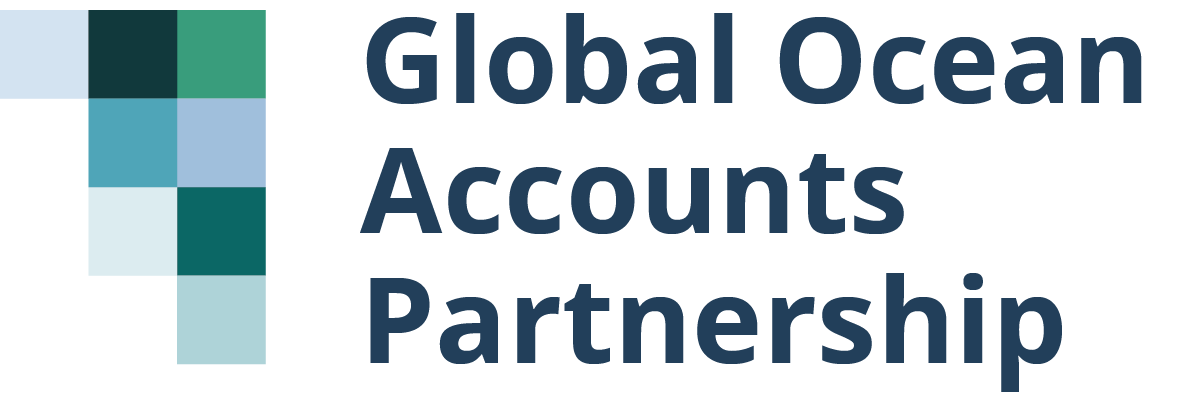Marine Spatial Planning and Ocean Accounting: two tools in Ocean Governance

The ocean
The ocean supports the livelihoods, health, and survival of billions of people across the globe. Over exploitation and a rapidly changing climate, however, threaten these vital ecosystems. Hotspots of biodiversity such as mangroves, coral reefs, and seagrass meadows, are under significant threat and an estimated one-third of all fisheries are over-fished. As countries race to recover from the economic damage caused by COVID-19, we must go beyond ‘business as usual’ to ensure a ‘Blue Recovery’ of sustainable ocean practices.
To ensure the continued use of our oceans, we need to first understand how, where, and when we use the ocean, starting with our economic activities. Different human activities use and impact the marine environment in different ways. Understanding these relationships helps us define the capacity of ecosystems to sustain these activities into the future.
Many countries will seek to drive economic growth through intensifying existing activities and developing new sectors. New technology and access to resources has led to identifying sectors of the ocean economy, such as offshore renewable energy, that show promise of economic growth but may also add or intensify impacts on the environment, given an increased competition for ocean space and resources.
Marine Spatial Planning
Marine Spatial Planning (MSP) is a framework that promotes integrative management and considers the entire ecosystem (beyond jurisdictional boundaries), which overcomes fragmented sectoral management. MSP aims to balance economic, environmental, and social values by allocating access of ocean activities through space and time. High-level policy support for MSP is seen globally, with significant developments within the European Union. According to IOC-UNESCO, over 70 countries have implemented or are in the process of developing a marine spatial plan.
Though MSP is a useful tool for managing the marine space, it is dependent on the availability and quality of ocean data. Accessing relevant ocean data at the appropriate resolution is incredibly difficult in practice, as ocean data is often fragmented, inaccessible, or incomparable. We can address these challenges by organising and standardising ocean data in an Ocean Accounting framework.
Linking ocean accounts with Marine Spatial Planning
The Ocean Accounting framework helps MSP achieve its objectives through supports evidenced-based decision making, by having transparent and accountable ocean data. Accounts that record ocean information over time show us how our oceans are changing (from human impacts and climate change) and allow us to decide on an appropriate response. Accounting for change especially important when evaluating spatial plans and whether they need to be amended to achieve their intended goals. The GOAP technical guidance addresses theoretical and operational links between Ocean Accounting and MSP, with specific guidance for MSP practitioners and community under development.
Ocean accounting supports and allows MSP to move towards its full potential. It provides a way to organise and standardise information, to support the formation and evaluation of plans. As we resume our marine activities, MSP and Ocean Accounting can be used to guide our activities towards sustainable use and ensure the ocean can support us for generations to come.
Author: Jordan Gacutan, GOAP Secretariat
Update: In support of ocean accounting and MSP, GOAP recently published two peer-reviewed scientific journals in Marine Policy, on theoretical links to further integrative management and a global assessment of early intersections between the two frameworks.
